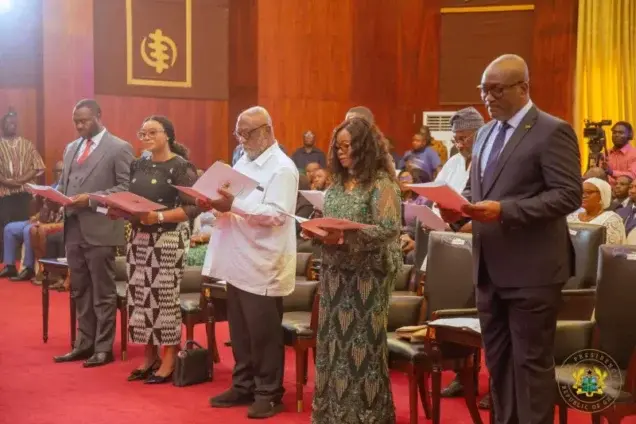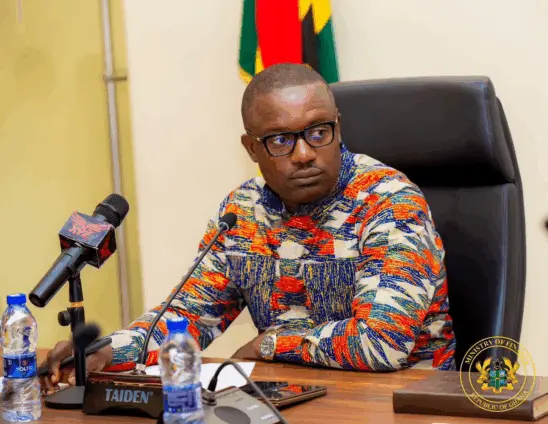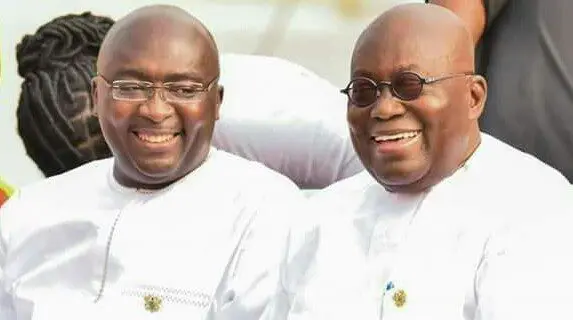In a democratic society, a vibrant and responsible media landscape serves as a cornerstone, informing citizens and holding power accountable. As Ghana embarks on its Constitution Review, the Constitution Review Committee (CRC) has actively engaged with journalists and the social media community to gather diverse perspectives. The CRC’s mandate is significant: to propose amendments to the 1992 Constitution, addressing contemporary challenges and strengthening the nation’s democratic foundations. A recent online forum highlighted critical issues surrounding media regulation, misinformation, and the crucial role of public broadcasting as Ghana considers this important Constitution Review.
The discussions underscored the urgent need to adapt constitutional provisions to address the evolving media landscape, ensuring that the press continues to serve as a reliable source of information while mitigating the spread of harmful content. Participants emphasized the importance of clarifying the roles and responsibilities of regulatory bodies and fostering an environment where media outlets prioritize public interest over political or commercial agendas.
Professor Amin Alhassan emphasized the enduring importance of public-interest media in Ghana, even amidst the proliferation of social media platforms. He argued that while social media has undeniably transformed the way information is disseminated, public broadcasters like the Ghana Broadcasting Corporation (GBC) play a vital role in prioritizing national welfare over profit motives. According to Professor Alhassan, government support and investment in public broadcasters are essential to effectively curb misinformation and provide citizens with trustworthy content.
“And that is even in a case where everybody has access to social media, you will see a social media platform that is trustworthy. And that cannot be subjected to the private interest of the owner of the platform,” Professor Amin Alhassan noted, highlighting the unique value proposition of public-interest media.
Participants also emphasized the need for strategic investment in radio broadcasting to bolster Ghana’s democracy. They argued that improved funding for GBC would enhance its capacity to deliver accurate and impartial information, particularly in rural communities where radio remains a primary source of news. Recognizing radio’s pivotal role in national development and social cohesion, they advocated for policies that would strengthen its infrastructure and programming.
Rebecca Ekpe, Public Affairs Officer of the Ghana Journalists Association, raised concerns over the mandates of media regulatory bodies, specifically the National Media Commission and the National Communication Authority. She stressed the need for clearly defined roles and responsibilities to avoid conflicts of interest and ensure effective oversight of the media landscape as the Constitution Review in Ghana proceeds.
The discussions also addressed the growing threat of misinformation and disinformation to Ghana’s media ecosystem and democracy. Participants warned that the deliberate spread of false or misleading information could undermine public trust in institutions, incite violence, and erode the foundations of democratic governance. They emphasized the urgent need to address these issues during the constitutional amendment process, exploring measures to promote media literacy, strengthen fact-checking initiatives, and hold purveyors of disinformation accountable.
Suleiman Braiman, the Executive Director of the Media Foundation for West Africa, raised concerns about the political ownership of radio stations in Ghana. He stated that approximately 70% of radio stations are owned by politicians, raising concerns that these stations may be used to advance partisan interests rather than serving the public good. This potential conflict of interest, Braiman argued, underscores the need for greater transparency and accountability in media ownership.
The forum also shed light on the increasing use of social media platforms for fraudulent activities, including money doubling schemes and the sale of unregulated herbal concoctions. Participants called on the CRC to address media-related provisions in the constitution to effectively deal with media content and frequency authorization, mitigating the risks posed by these online scams.
Other media-related issues highlighted during the forum included the need for clear media guidelines, effective social media regulation, robust media content standards, and measures to combat hate speech. Participants emphasized that these issues must be addressed comprehensively during the constitutional review process to safeguard Ghana’s democracy and promote responsible journalism.
In conclusion, the CRC’s engagement with journalists and the social media community has brought to the forefront critical issues surrounding misinformation, media regulation, and the role of public broadcasting. Addressing these concerns during the ongoing Constitution Review in Ghana is paramount to safeguarding the nation’s democracy, fostering a responsible media landscape, and ensuring that citizens have access to accurate and reliable information.
Image Source: MYJOYONLINE






















